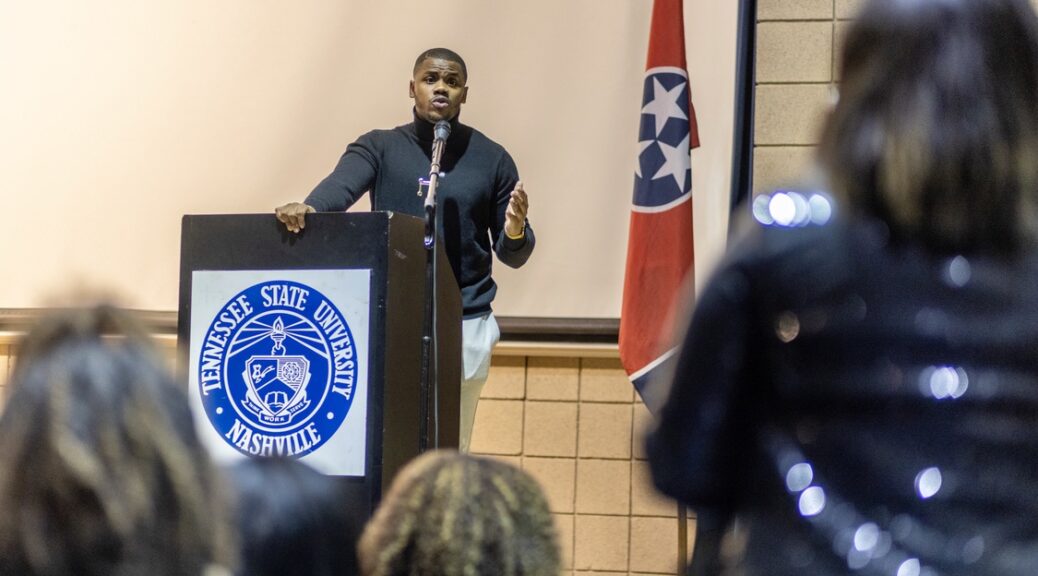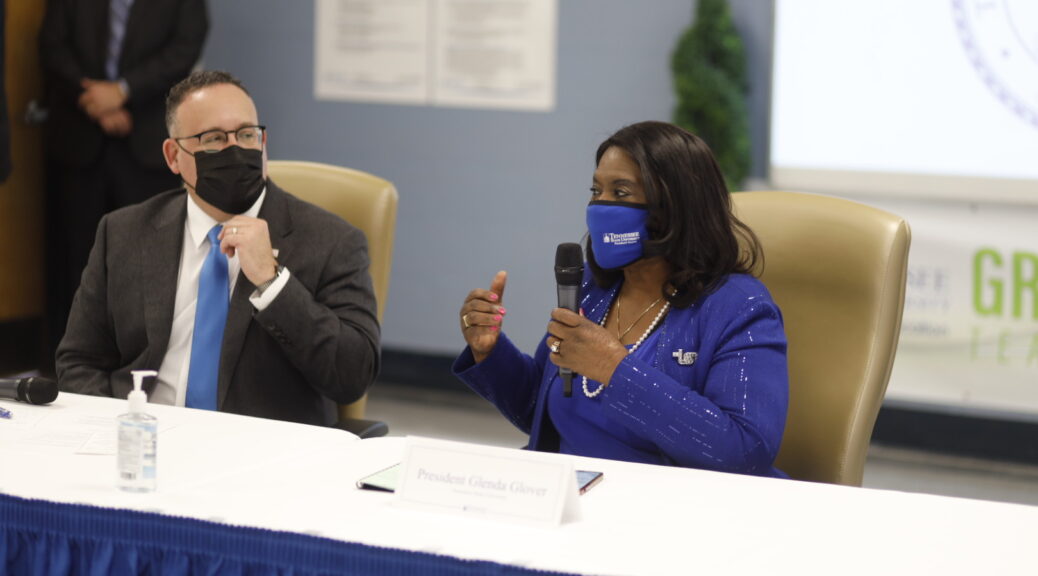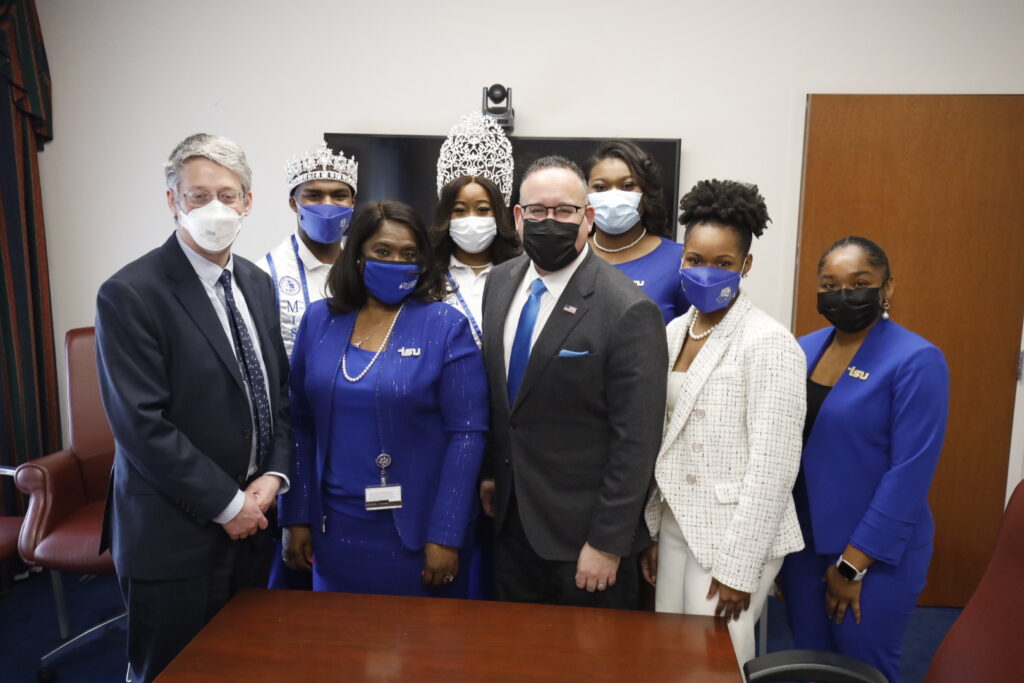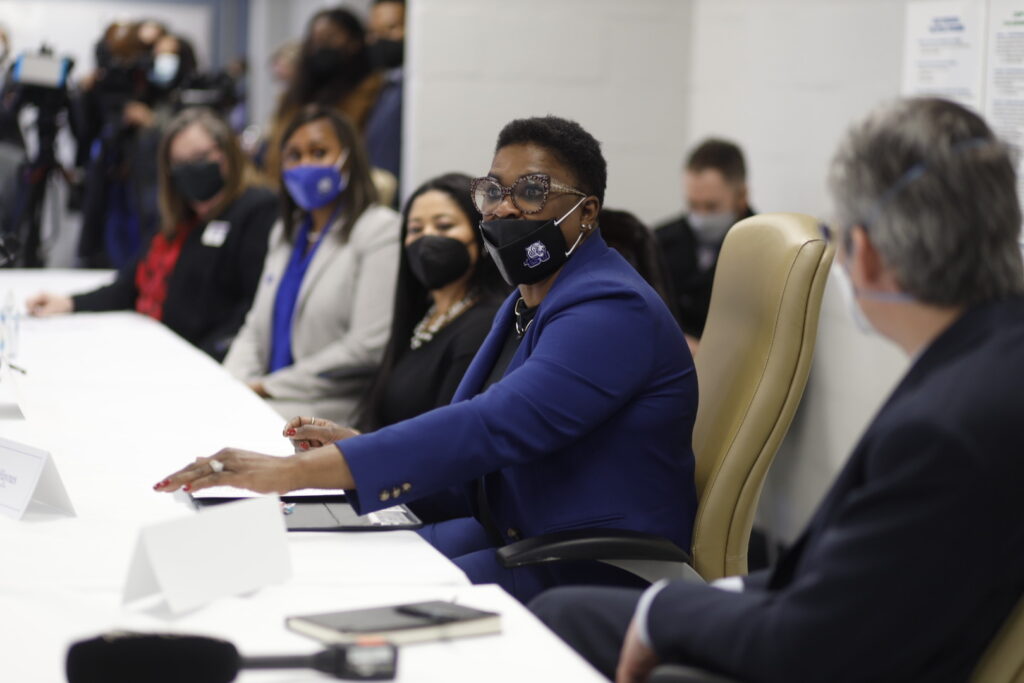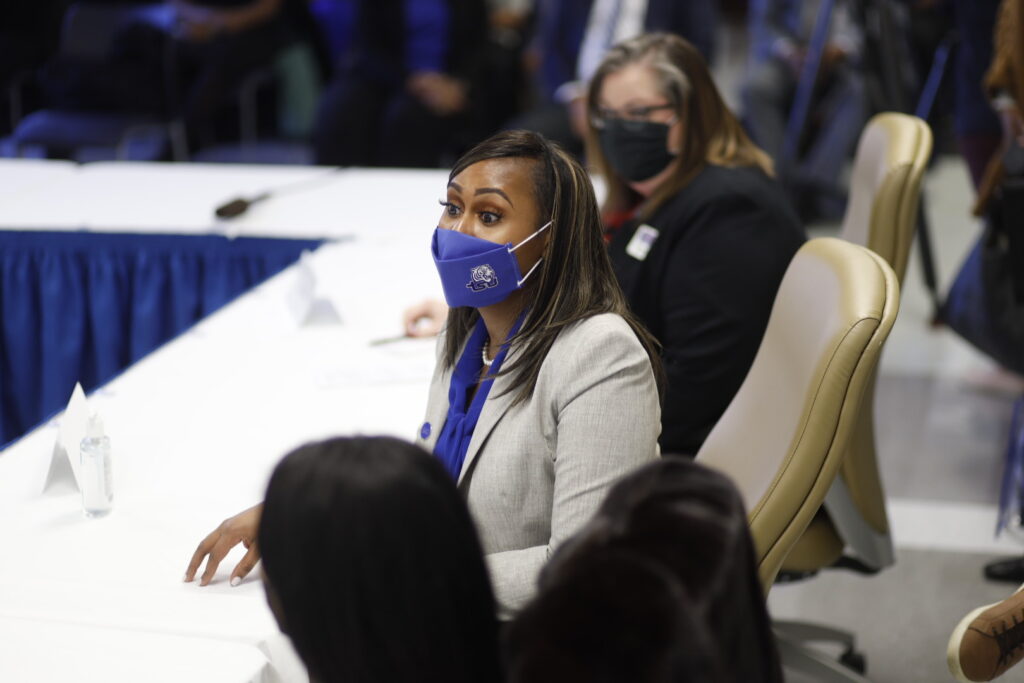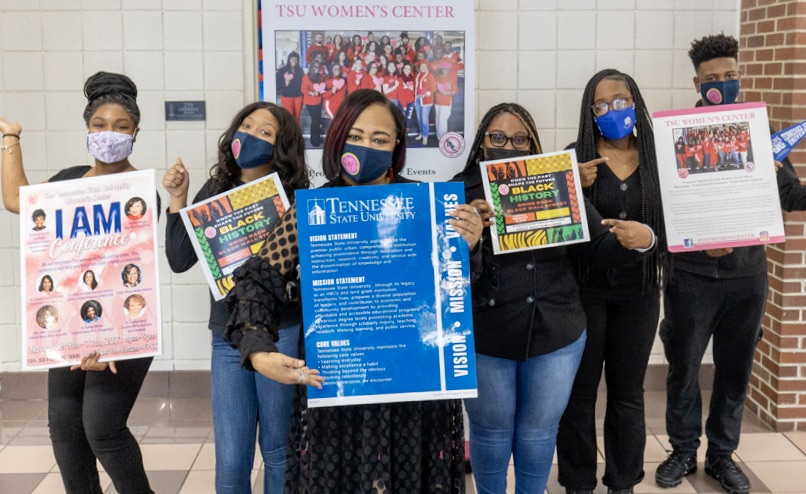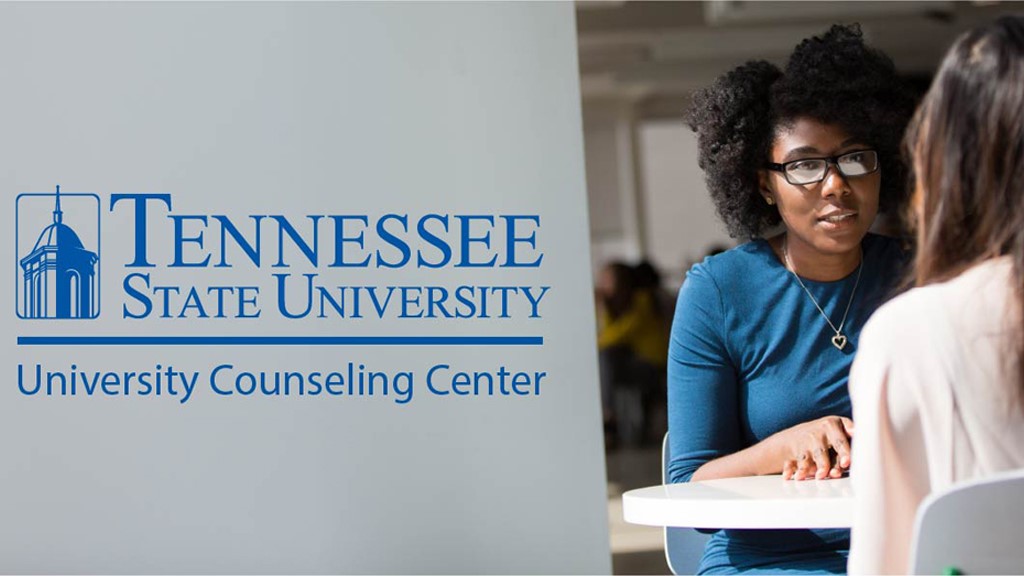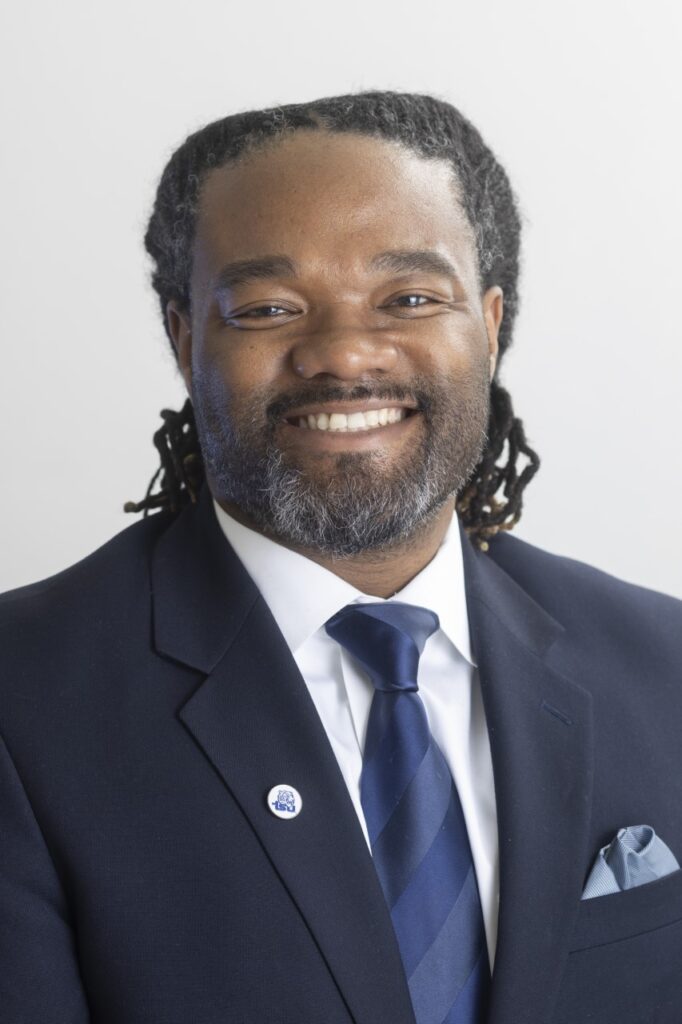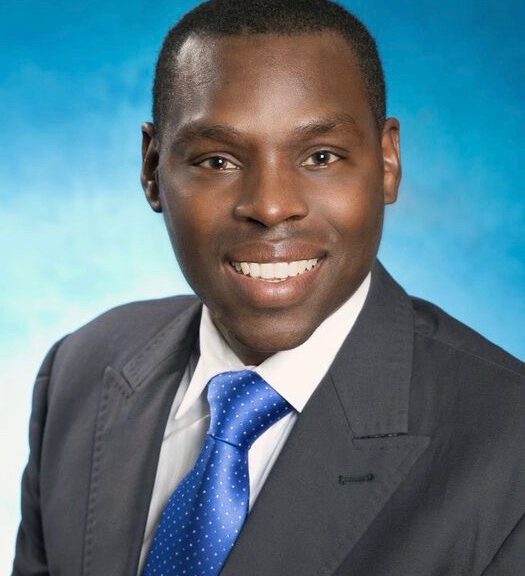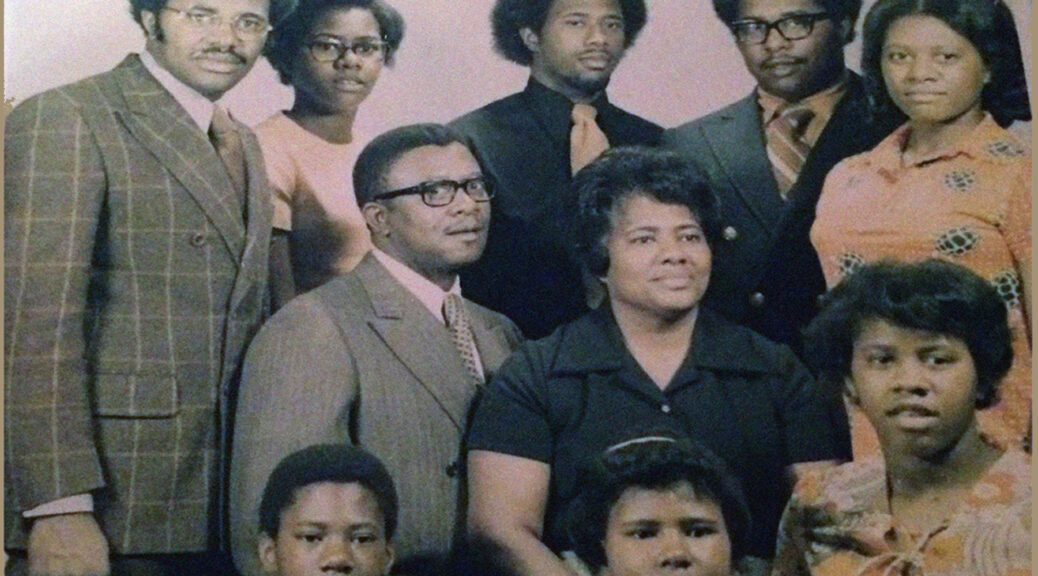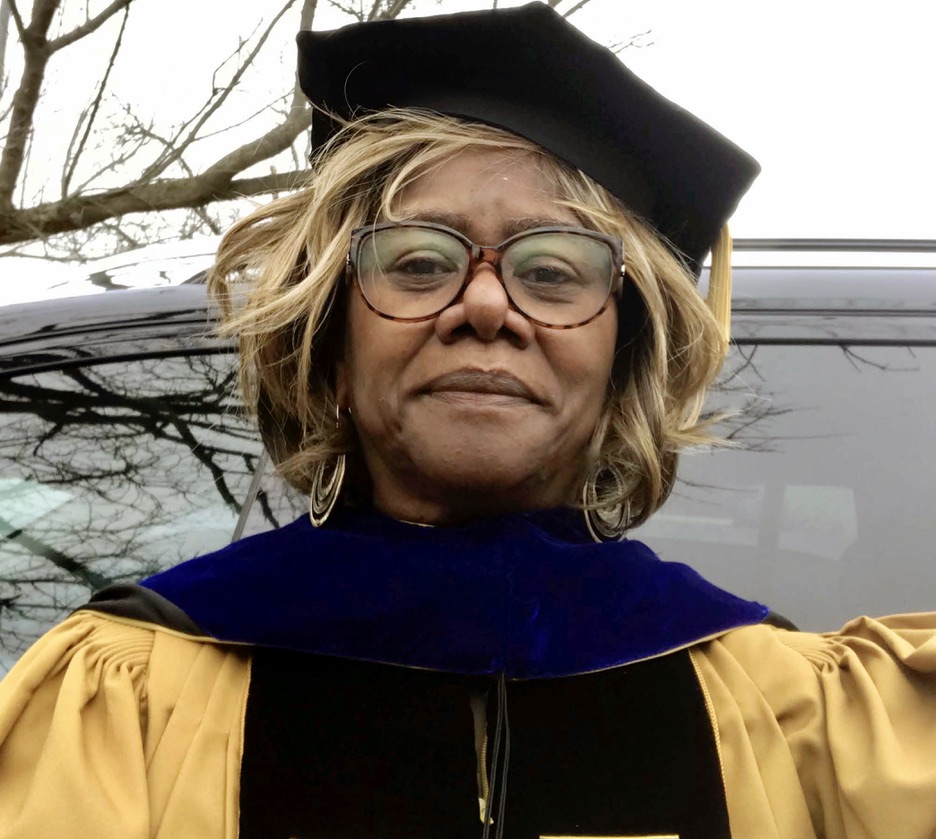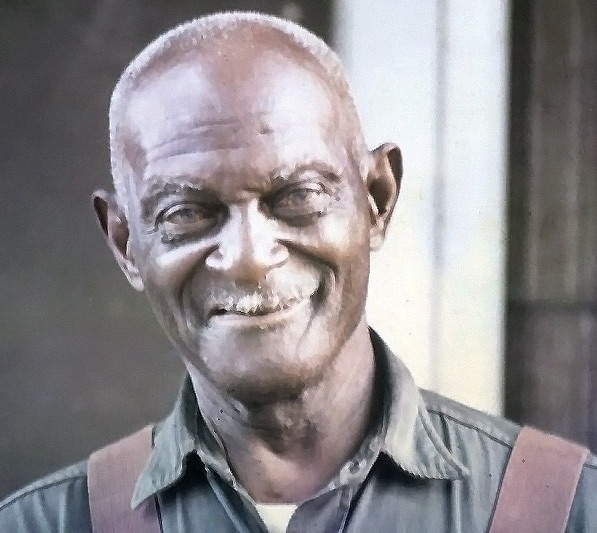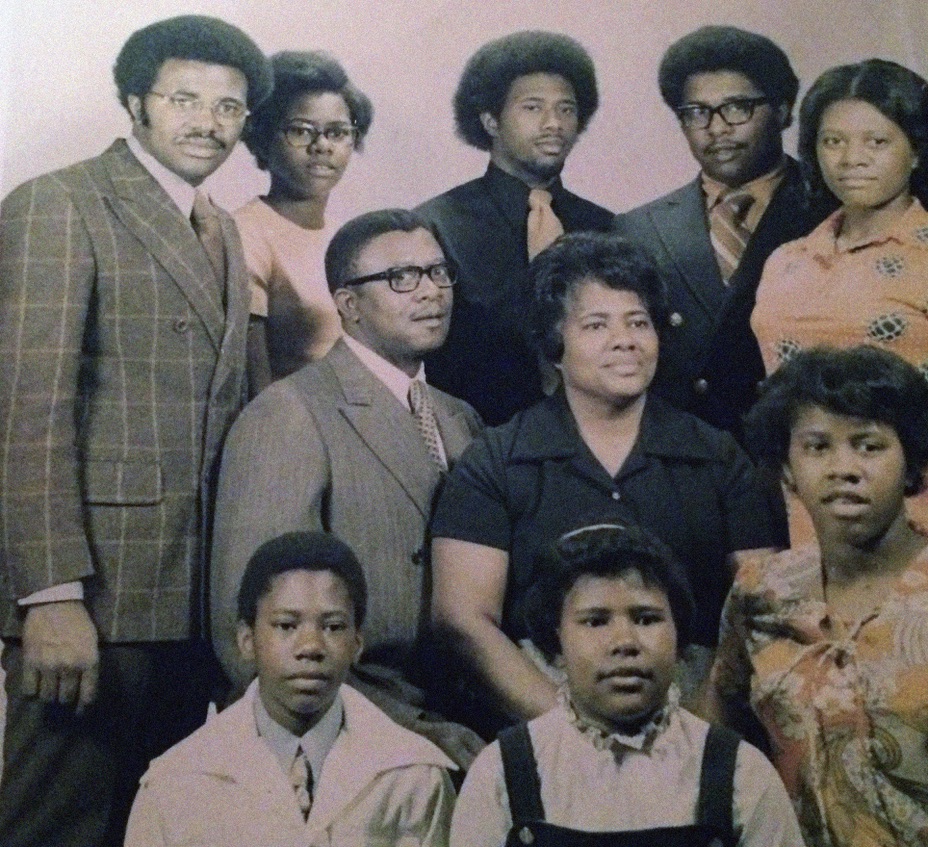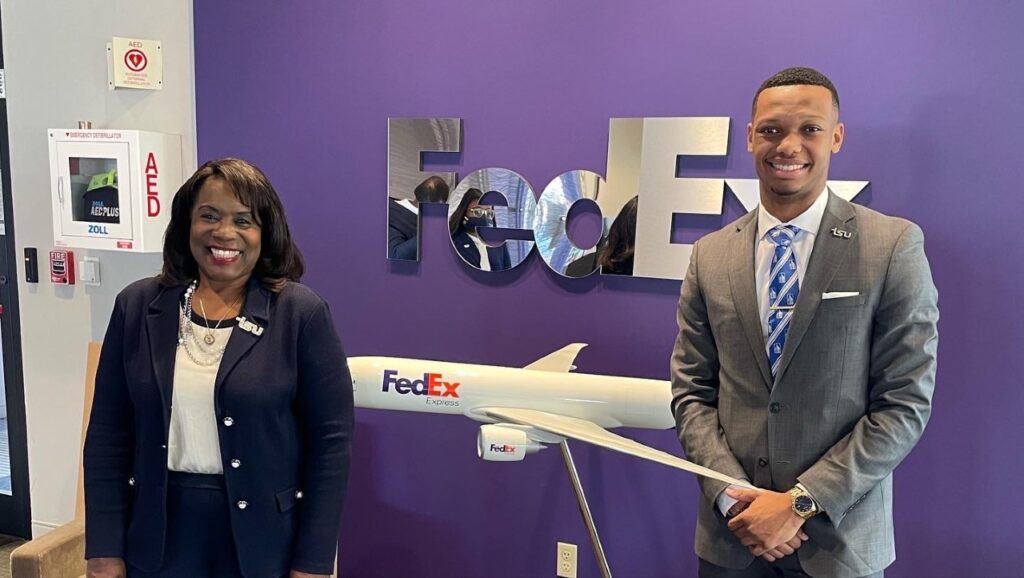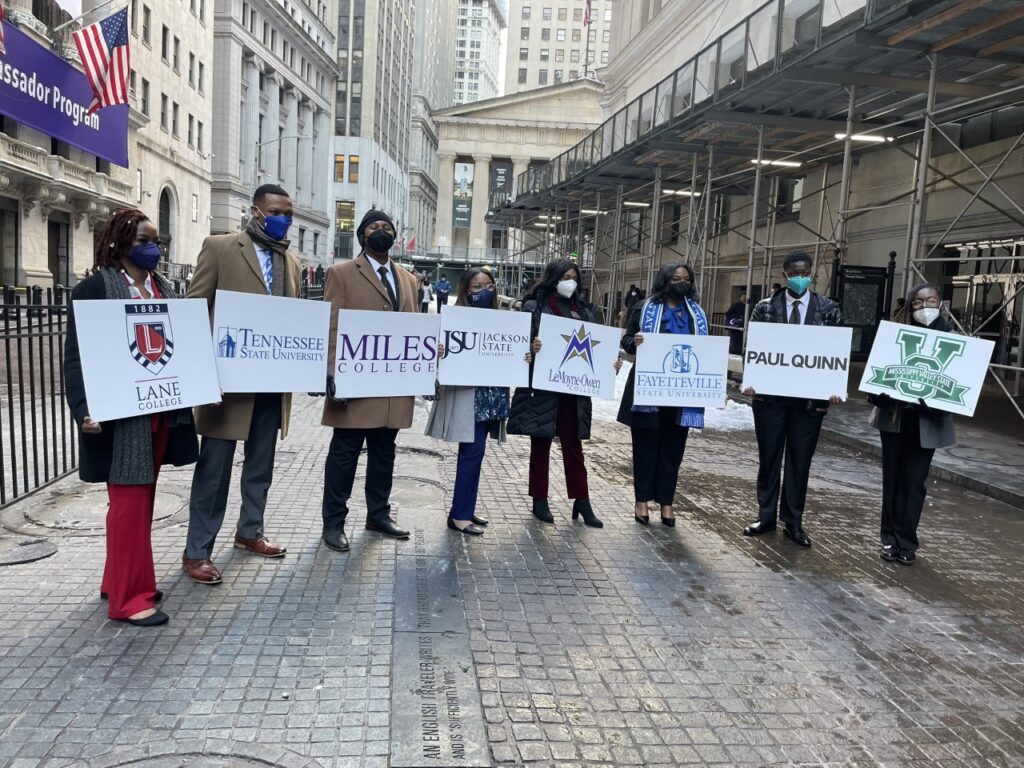NASHVILLE, Tenn. (TSU News Service) – Money management and entrepreneurship were the key topics at a financial literacy workshop on Feb. 15 hosted by a group of Tennessee State University students, along with the Women’s Center, to provide awareness and empower their peers.
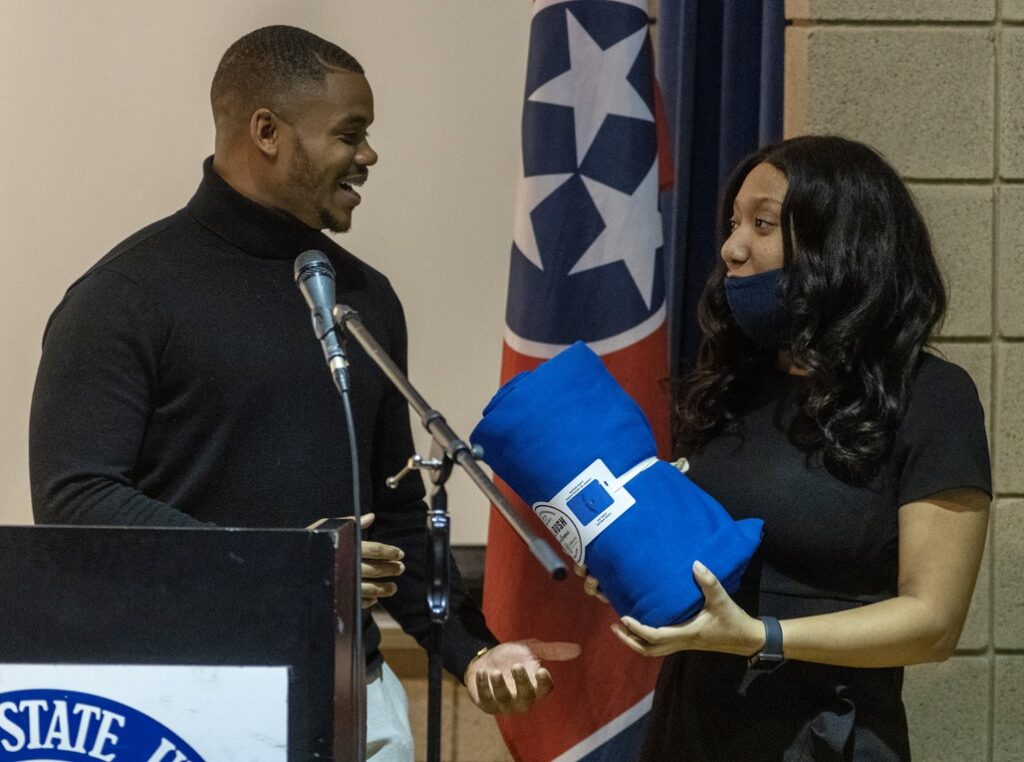
Titled “Bring Back Black Wall Street,” the workshop drew from the 2020 movie “Black Wall Street Burning,” that chronicled the 1921 Memorial Day massacre of Black people and the burning of the once thriving section of Tulsa, Oklahoma, referred to as Black Wall Street.
The students said the workshop, part of a Black History Month observance, was about knowing the past, shaping the future, and holding a conversation about empowering Black people to understand true financial wealth they can build upon.
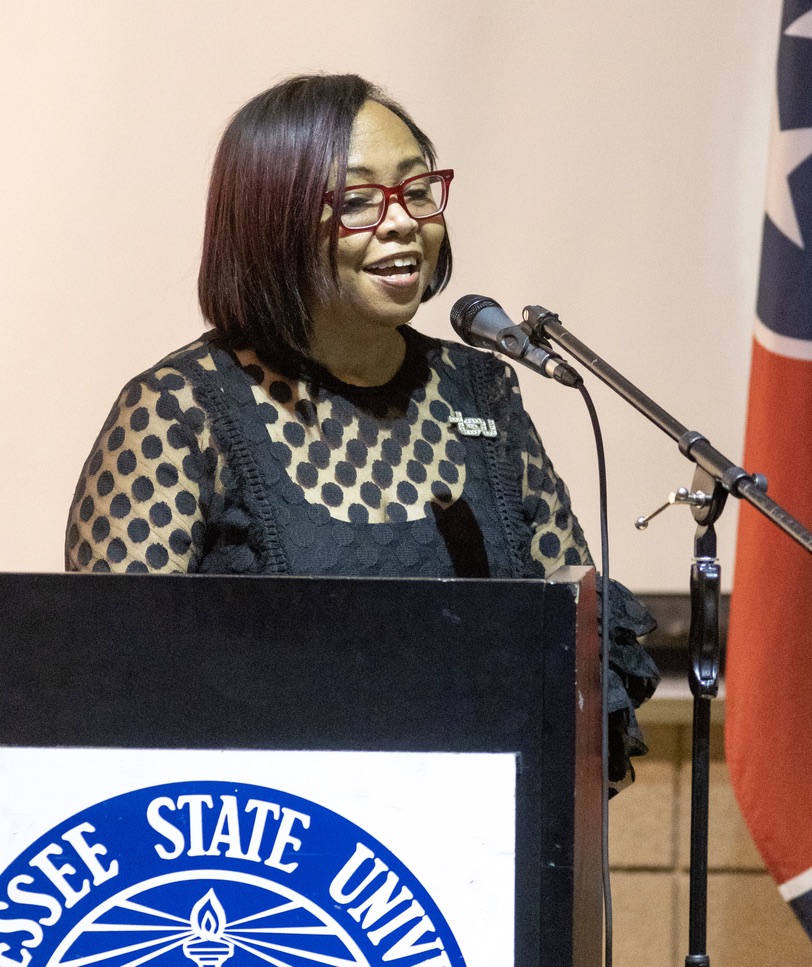
Kyle Smith, a Nashville businessman, was the event’s keynote speaker. He said building wealth and attaining financial success start with discipline, hard work, and “surrounding yourself with the right people.”
Gabrielle Mosby, a freshman business major from Memphis, Tennessee, who is one of the organizers of the event, said Smith’s message was just what “we needed to hear.”
By age 22, and fresh out of college, Smith had started and was running a fitness business in his hometown. Two years later, he started a mobile notary business. He said his goal is to help others, build great relationships, and make an impact in other people’s lives.
“Today I just want to tell students that being an entrepreneur in the beginning takes time, it takes consistency and finding yourself a good mentor,” said Smith, 27, who owns two successful businesses in the Nashville area.
“I want them to understand what it takes to be successful in business, but also understand how to save their money and build generational wealth,” Smith said. “Too often people in my generation want instant gratification and focus on the liabilities that come with it. We need to focus on building assets. Cars, jewelry, purses and things like that won’t make us money in the long term.”
According to recent statistics, African Americans account for 13 percent of the U.S. population with significant impact on the economy, yet they lag in financial well-being when compared to other groups.
“’Bring Back Black Wall Street” is a conscious conversation that talks about the hard-hitting issue of building wealth within our Black community and how we can actively make a change,” Mosby said. “Looking at his business achievement in such a short time, Mr. Kyle Smith’s message was on point.”
Seanne Wilson, director of the Women’s Center, said the workshop was one of the many programs the center provides to empower young women, as well as young men, to think about how they spend their money.
“As we were discussing Black history and what should be one of our focus areas for the month, financial literacy jumped out,” Wilson said. “I wish when I was in college, someone had talked to me about wealth management, saving money, and not spending unwisely. So, now I want to be proactive and help them understand the value of money and not be reckless in spending it.”
Fellow workshop organizer Karly Miller, a sophomore pre-nursing major from Houston, said students were inspired by Smith’s message of financial management.
“It is motivating to hear about and see African Americans of the past and present who have established and maintained wealth in the community,” said Miller.
For more information on the TSU Women’s Center, visit https://www.tnstate.edu/womenscenter/
Featured photo by Aaron Grayson
Kyle Smith, a Nashville businessman, who owns two establishments in the area, gives the keynote speech at the financial literacy workshop, organized by students at TSU.
Department of Media Relations
Tennessee State University
3500 John Merritt Boulevard
Nashville, Tennessee 37209
615.963.5331
About Tennessee State University
Founded in 1912, Tennessee State University is Nashville’s only public university, and is a premier, historically black university and land-grant institution offering 39 bachelor’s degree programs, 24 master’s degree programs, and eight doctoral degrees. TSU is a comprehensive research intensive institution with a R-2 Carnegie designation, and has a graduate school on its downtown Avon Williams Campus, along with the Otis Floyd Nursery Research Center in McMinnville, Tennessee. With a commitment to excellence, Tennessee State University provides students with a quality education in a nurturing and innovative environment that prepares them as alumni to be global leaders in every facet of society. Visit the University online at tnstate.edu.
